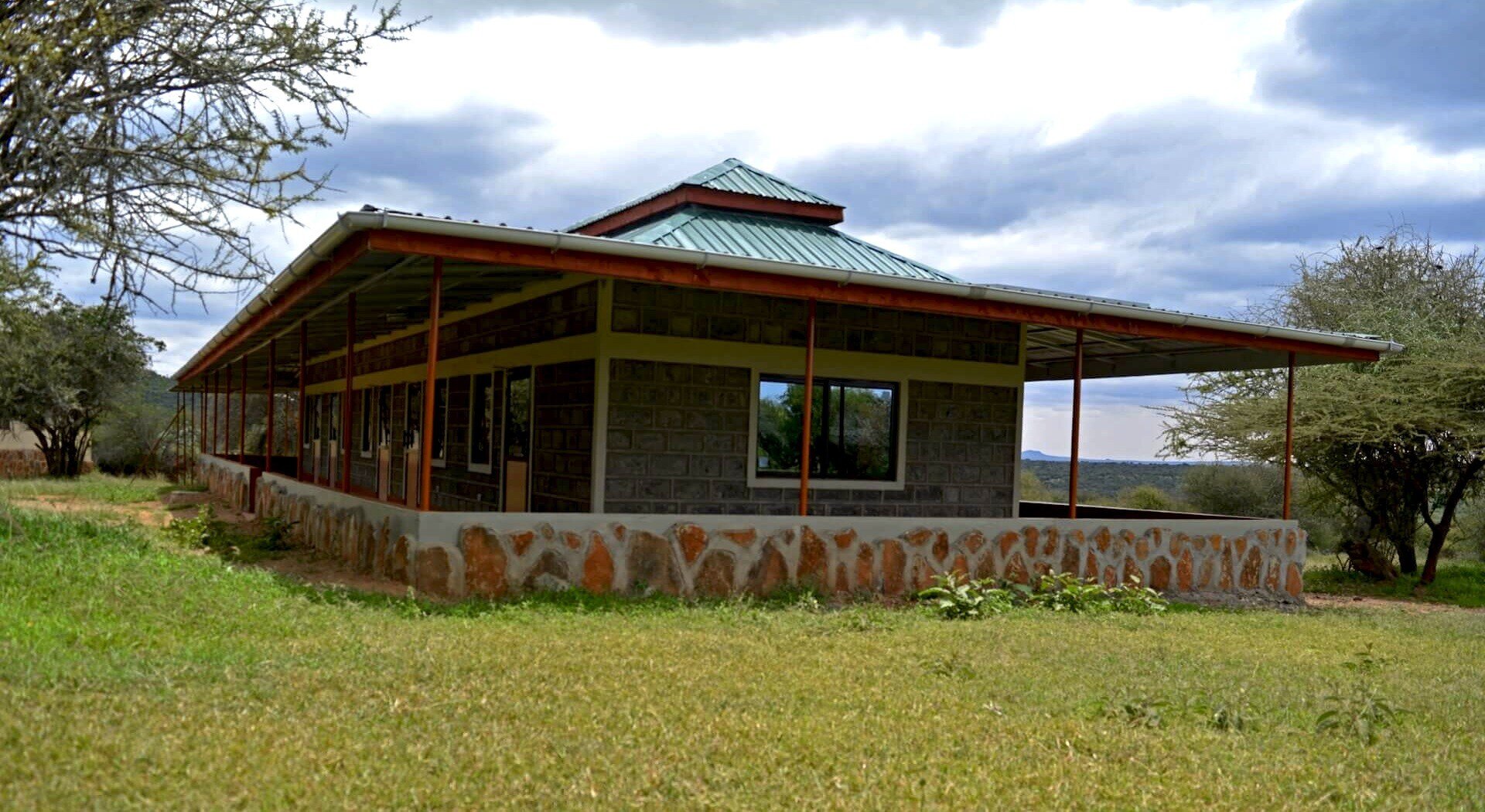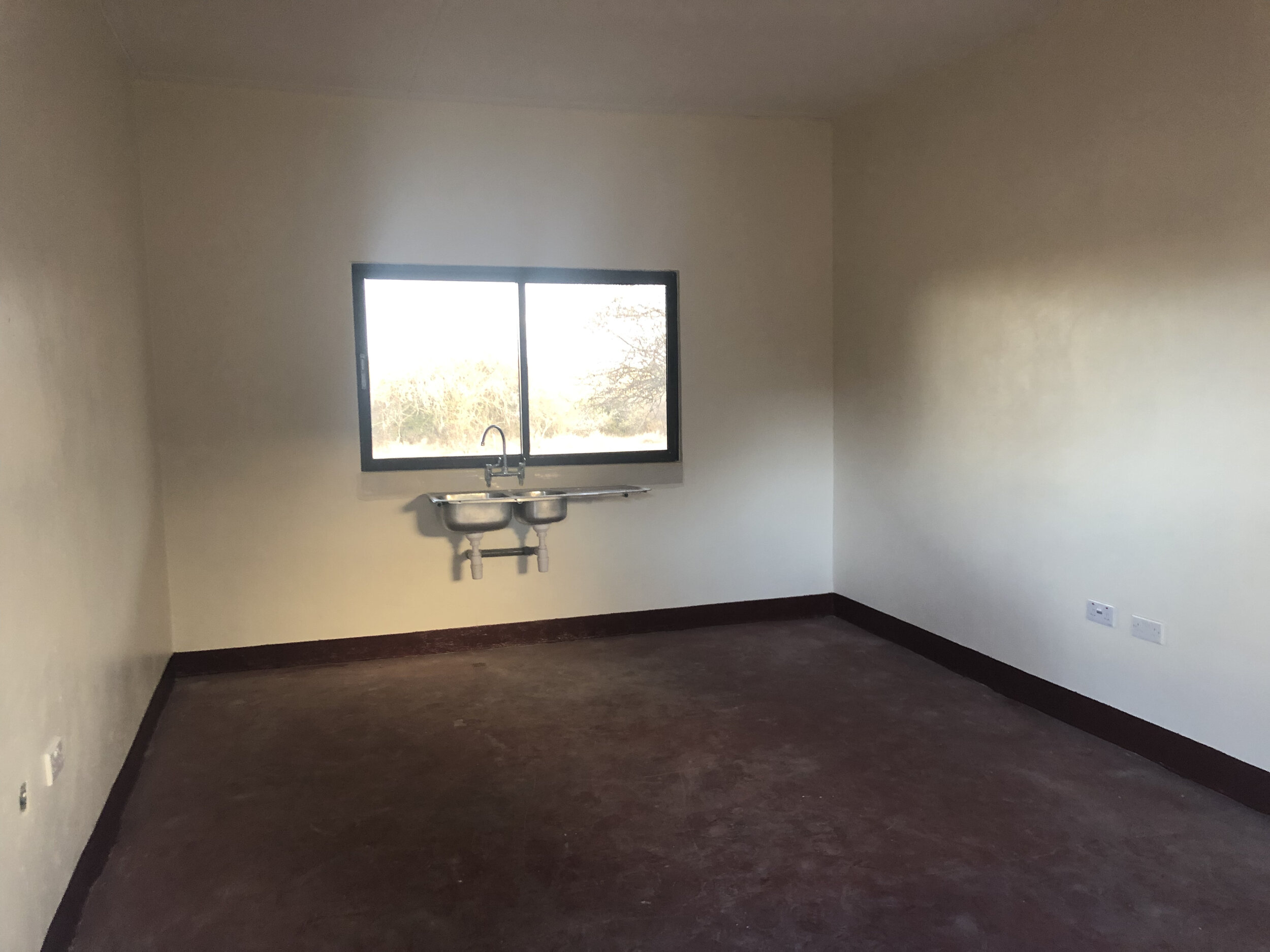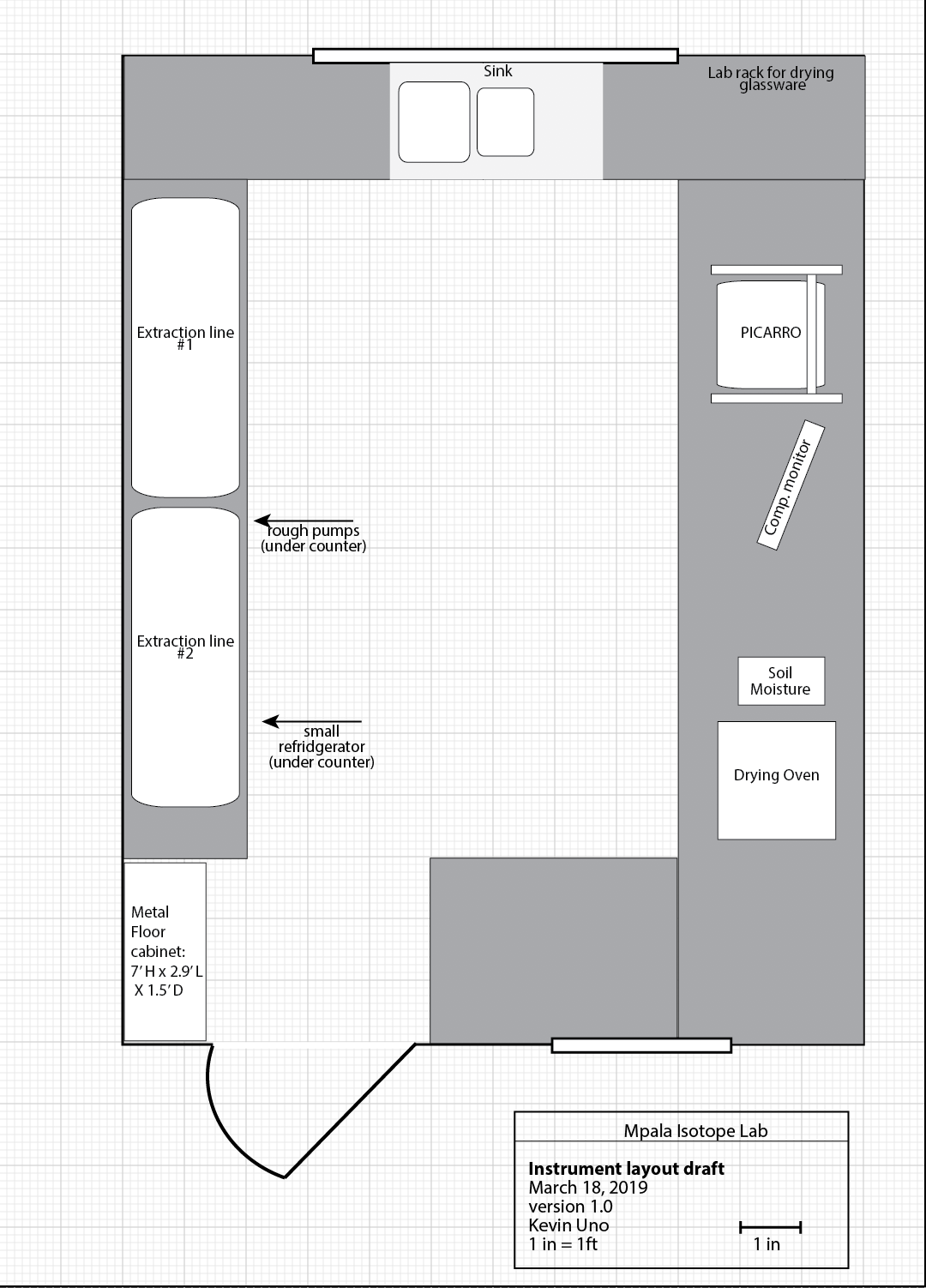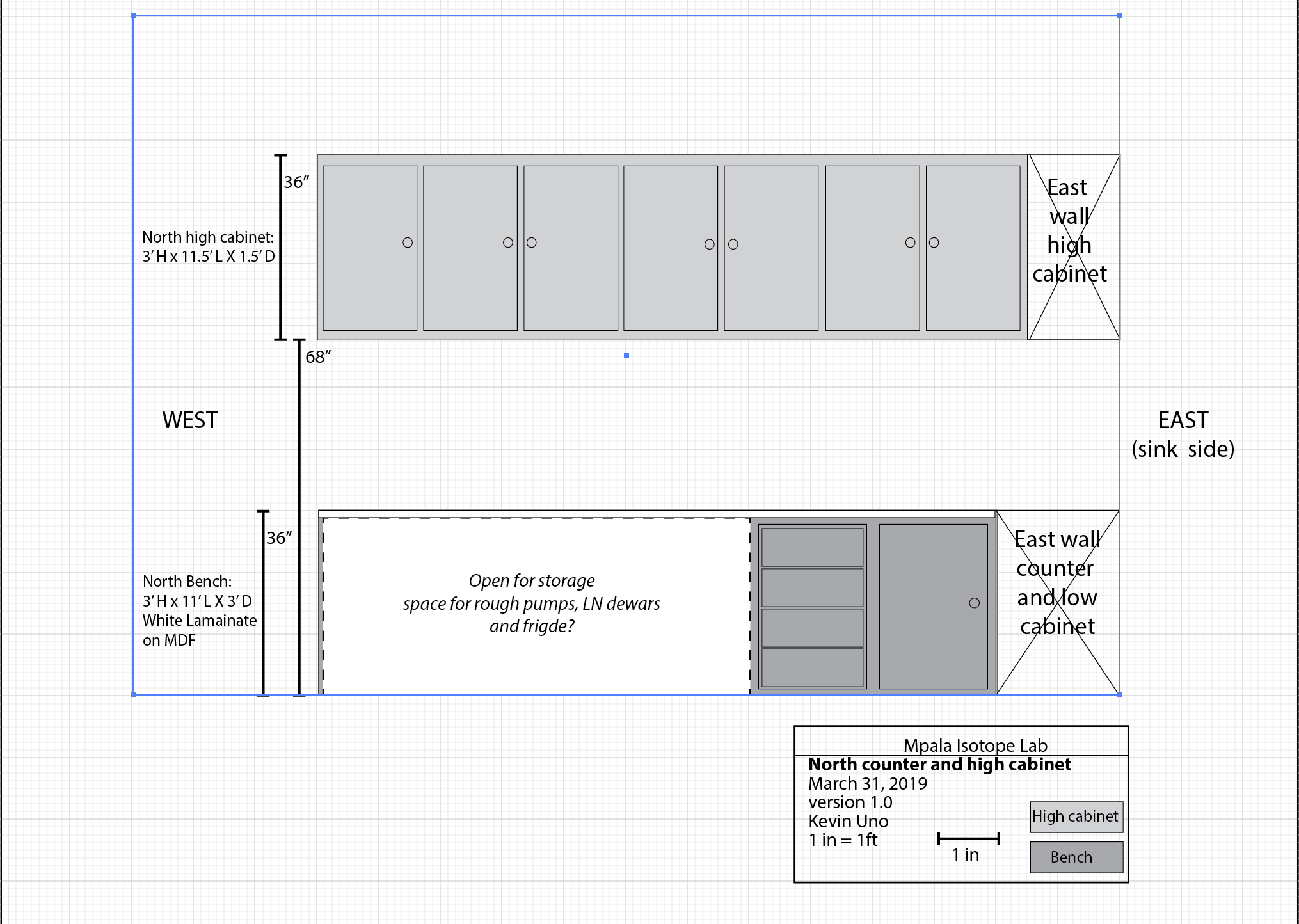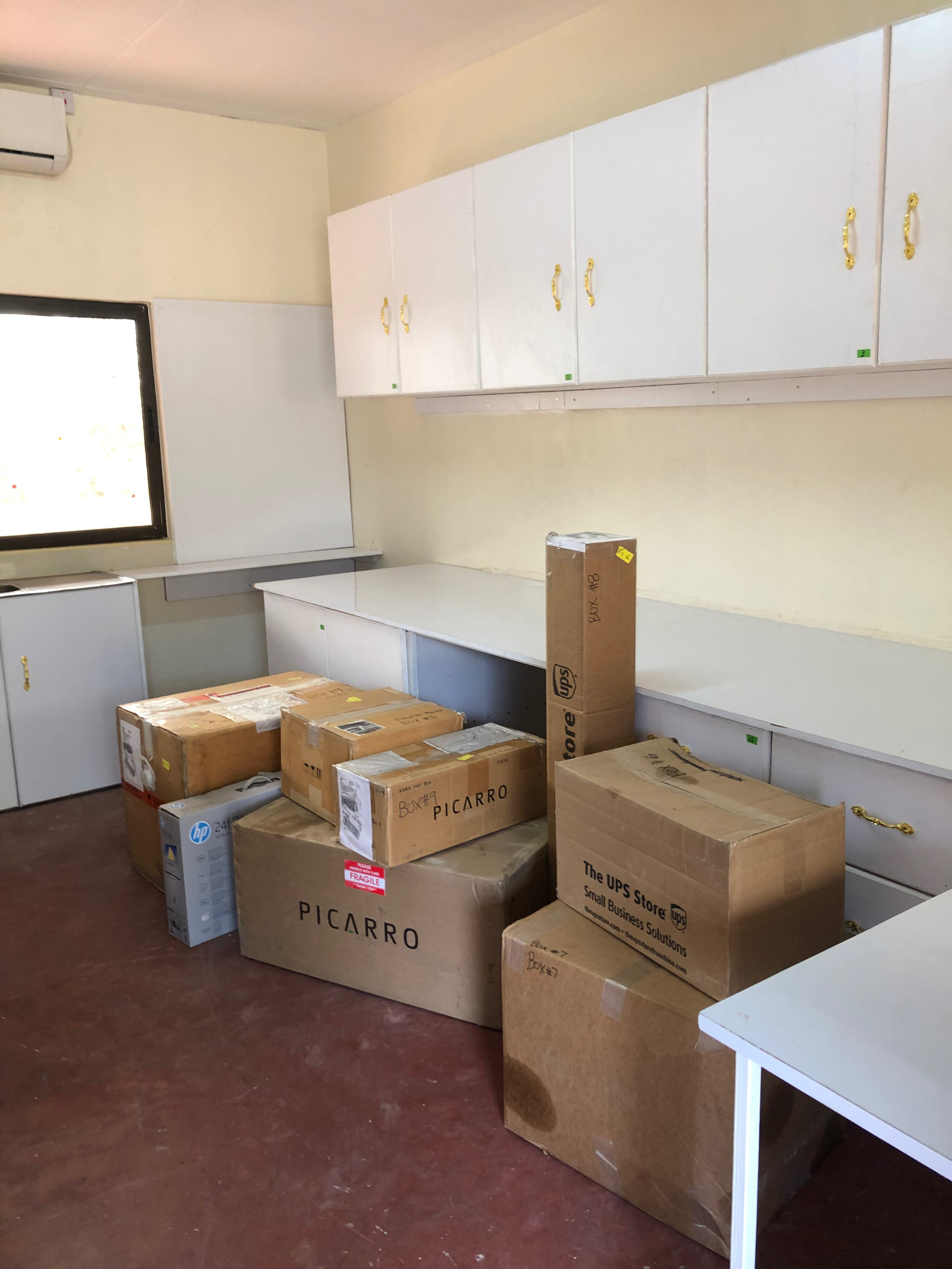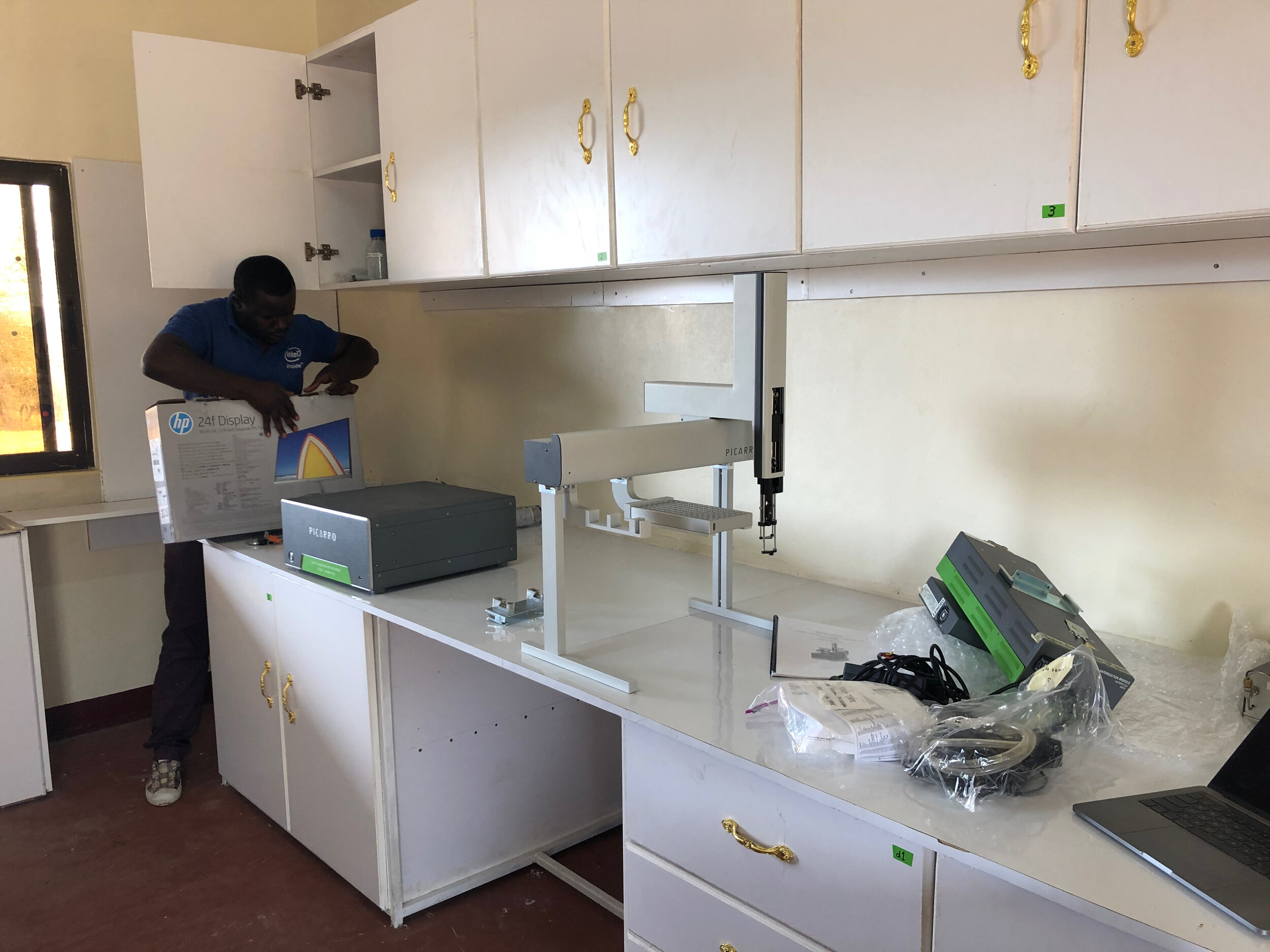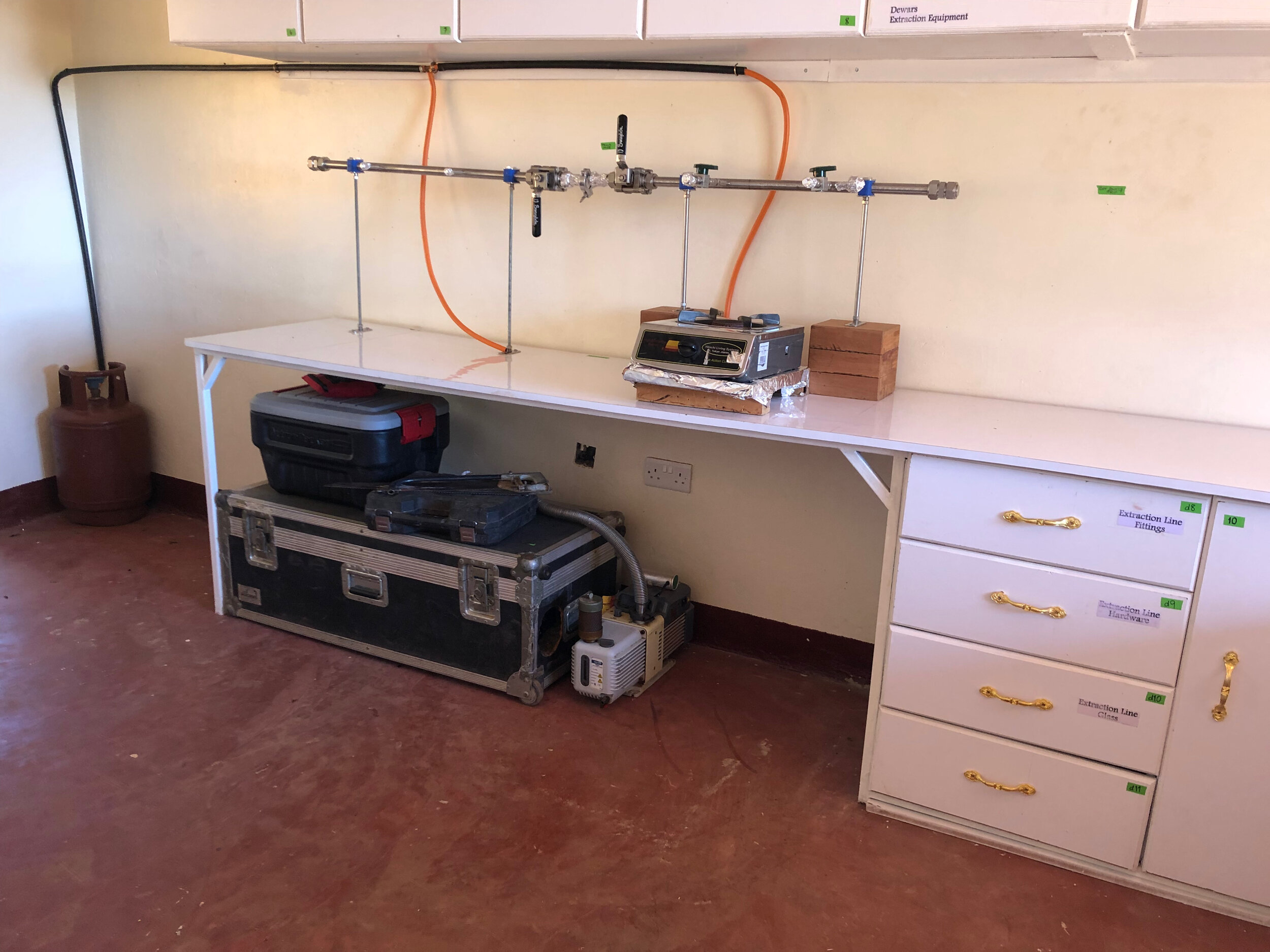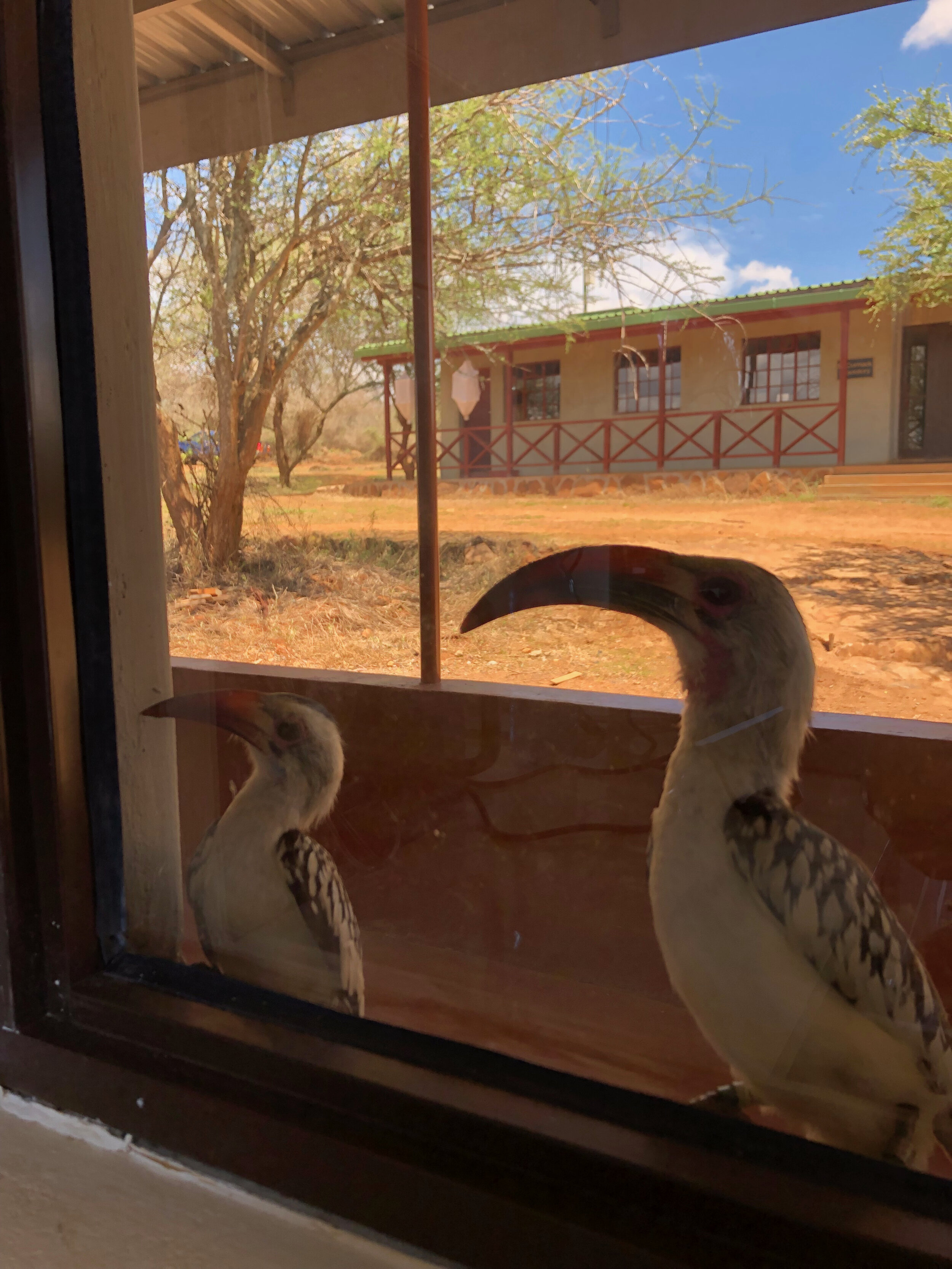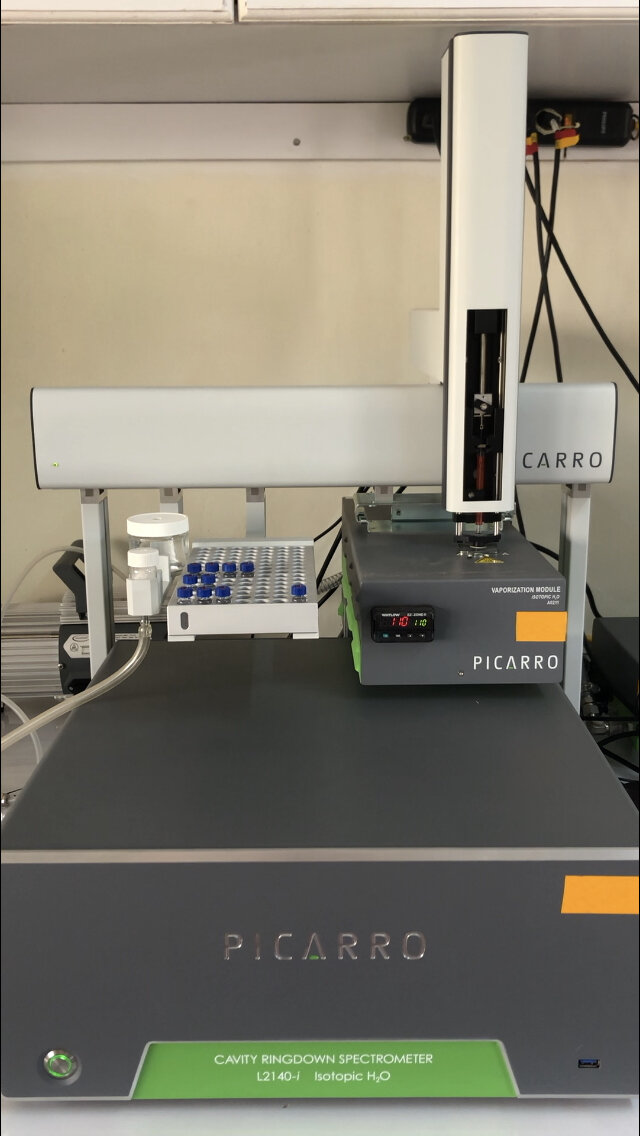
PERMILab
Paleo & Ecohydrology Research at the Mpala Isotope Lab
UPDATE: THE PERMILab has moved! We packed up our equipment and have moved from Mpala Research Centre to a more central location in Nairobi. Our lab space is being renovated and we expect to be online in fall of 2025! Stay tuned and email John Gitonga at researchlabs AT turkanabasin.org with inquiries.
ARCHIVE text:
The PERMILab, housed alongside two new Genetics Labs at Mpala Research Centre, was built in 2019 with an NSF award to Dan Rubenstein and Dino Martins. The new lab is an outgrowth of the Ecohydrology Isotope Lab established by Kelly Caylor and his research group in the early 2010’s. PERMILab supports research and teaching related to Isotope Ecology and Ecohydrology. For researchers working in Kenya, a benefit of utilizing the lab is that it eliminates the need to export samples out of Kenya for analysis.
PERMILab offers sample preparation and analysis for scientists conducting research anywhere in Africa, especially Kenya. PERMILab services and rates are below.
Lab manager John Gitonga gets the burners cooking and the glass chilling (-196° C!) as he prepares for cryogenic water extractions
Water Extraction Line
This Caylor-designed stainless steel extraction line was expanded to a four port system in the new lab. Researchers and students can extract water from plants, soils, insects, etc. for subsequent analysis on the Water Isotope Analyzers. Plant and soil waters are manually filtered (0.2 um) and injected water vapor is passed through an inline Micro Combustion Module prior to isotopic analysis.
PERMILab’s main analyzer, a Picarro L2140-i. Photo: Rachel Lupien
Water Isotope Analyzers
The lab currently has three analyzers in various states of repair. Pictured above our newest analyzer, a Picarro L2140-i , capable of δ2H, δ18O, and Δ17O measurements by Cavity Ring Down Spectroscopy. We also have an older L2130-i that does δ2H and δ18O measurements. There is also a field deployable Los Gatos DLT-100 with a Water Vapor Isotope Standard Source.
Lab Services
Soil Water Extraction (4hrs)
Soils are cryogenically extracted for 4 hrs, passed through a 0.2 um filter, and transferred to 2ml vials for isotope analysis.
International: $30
Kenyan/African: $15
Plant Water Extraction (2hrs)
Plants are cryogenically extracted for 2 hrs, passed through a 0.2 um filter, and transferred to 2ml vials for isotope analysis.
International: $20
Kenyan/African: $10
d2H and d18O Water Isotope Analysis
2ul of water are injected 6 times and the last 3 are averaged. Samples are run with LGR water isotope standards.
International: $15
Kenyan/African: $7
Water Sample Filtration
Environmental waters are filtered through a 0.2µm PTFE filter. This service is included in all plant and soil waters.
International: $2
Kenyan/African: $1
Soil Water Potential
…….
International: $
Kenya/African: $
International rates apply to samples associated with projects paid for from internationally funded projects (e.g., NSF, ERC, NERC, ANR, DGF). Kenyan/African rates are for any projects supported by grants or organizations based in Kenya or other African nations.
NOTE: Soil or plant water extraction fees can be negotiated for students or researchers who are trained and competent in water extractions and can do them on their own.
Photos of the PERMILab design process, build out, and the lab in action!

